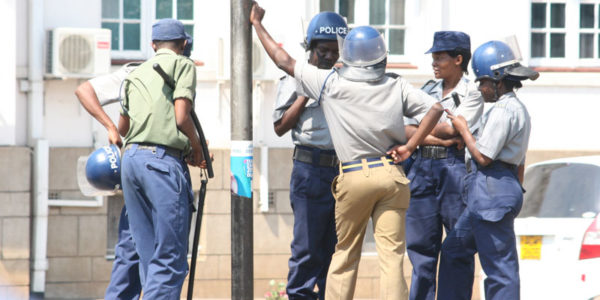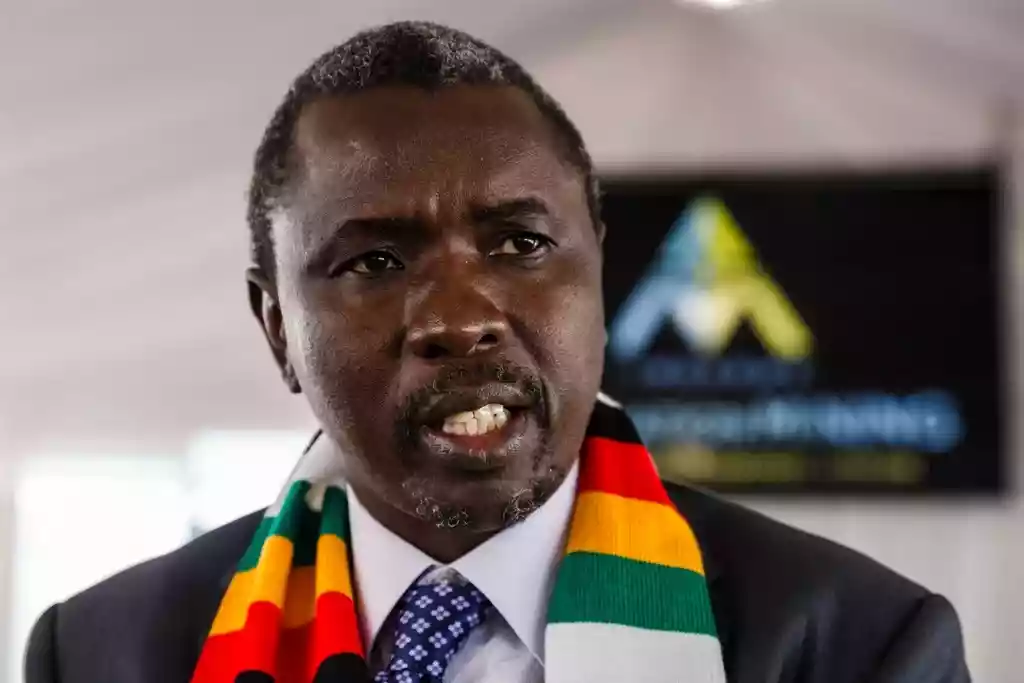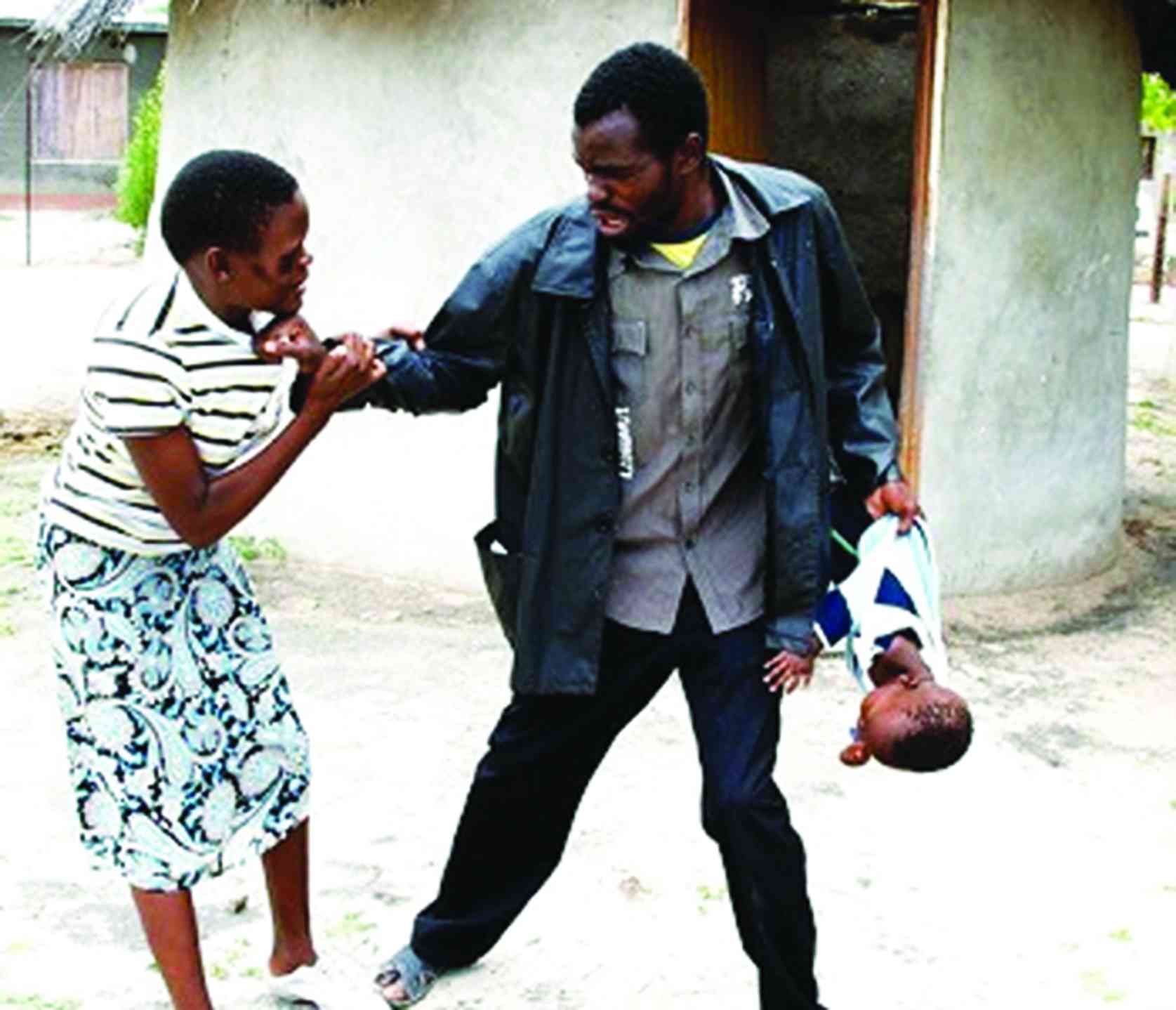
On Saturday August 13, 2016, we published an opinion about the impartiality of police in dealing with citizens.
Opinion,Paul Nyathi
Here, Zimbabwe Republic Police (ZRP) acting senior staff officer (press and public relations) Chief Superintendent Paul Nyathi writes:
1. The ZRP is perturbed by the NewsDay’s guest columnist’s allegations that the police are operating a “police state”. This claim is not substantiated. Surely issuing Press statements, releases and conferences to media houses on issues of national interest cannot be categorised under politics.
2. It is clear Paul Kaseke, a legal adviser, does not know that the concept of community policing is deeply embedded in the ZRP’s Client Service Charter. The Charter has been extensively marketed and publicised at various fora in the country. In fact, members of the public can now access the Police Client Service Charter on the recently-launched ZRP website. Our thrust is to engage the public on matters of concern.
3. When the Chief Staff Officer [Press and Public Relations] in the Zimbabwe Republic Police, Senior Assistant Commissioner Charity Charamba speaks, the aim is to conscientise the public on crime and traffic issues which affect the society and generally the community’s way of life. Members of the public have a right to know what is happening in their country in terms of security, crime and traffic issues. The column flighted in The Sunday Mail sought to elicit responses from the police on concerns raised by motorists and members of the public. Surely, that has nothing to do with politics as you allege in your article.
4. Senior Assistant Commissioner Charamba C speaks on law and order issues, which Zimbabweans have a right to know and take preventive measures to guard against the malady of criminal activities. Police worldwide do the same through their public relations departments and this cannot be misconstrued to mean that police are meddling in politics.
5. To correct the columnist’s misconception and biased view, police are not enemies of the people. The writer is openly showing a one-sided view in analysing issues at hand.
- Chamisa under fire over US$120K donation
- Mavhunga puts DeMbare into Chibuku quarterfinals
- Pension funds bet on Cabora Bassa oilfields
- Councils defy govt fire tender directive
Keep Reading
6. While it is unfortunate that the writer posits that police are always in the media, other media practitioners have written articles alleging that police are quiet and not engaging the public on crime issues. Remember the ZRP has a constitutional mandate to prevent, detect and investigate crime. This duty can only be effected by engaging the public through various communication strategies among them media. Awareness campaigns that cover a broader spectrum of society are also done through the media.
7. For the benefit of Kaseke and others, who might have forgotten, police engage the media through Press conferences to highlight issues which local and foreign journalists have an interest in. In most cases, it is the media that seeks for comments from the police and whenever they do not get responses, police are equally criticised in the same way as the writer alleges; the following examples on Press conferences are pertinent:
i) The American registered cargo aircraft owned by Western Global Airlines Company based in Florida, United States of America which landed at Harare International Airport terminal from Munich, Germany en-route to King Tshaka Airport Durban on February 14, 2016, drew a lot of media interest.
ii) Demonstrations: — It is our constitutional obligation to alert the public on security issues, especially with regards to their movement and safety of property.
iii) Holiday awareness campaigns on road safety and to give the community crime tips to secure homes, companies, property and in the process curb cases such as robberies, unlawful entry and theft. On the whole, Press conferences are important since they cover more media houses at once, instead of dealing with a single entity at a time.
8. The Zimbabwe Republic Police’s community policing initiatives such as junior call, home officers scheme, Business Against Crime Forum of Zimbabwe, crime consultative committees, business against stock theft, neighbourhood watch committees, suggestion boxes, WhatsApp and hotlines require the organisation to effectively work together with the public.
9. It is sad that the columnist is venting his political frustration on the ZRP, yet the police are just performing its duty as stipulated in the country’s supreme law.
10. The ZRP would like to assure the public that police officers will continue to perform their duties without fear or favour with a view of providing peace and security to all law abiding citizens.
The public is free to engage the ZRP on any policing issues in a constructive and positive manner.
11. Is there anything wrong in Police engaging their citizens?
Chief Superintendent,Paul Nyathi
But columnist Paul Kaseke says…I WELCOME and appreciate that the Zimbabwe Republic Police (ZRP) has elected to exercise its rights to respond to an article published on August 13, 2016. In the same spirit, I provide a detailed to response to the same below:
1. A police state, as the article stated, is not identified by merely seeing Press statements by police, but by suppressing civil liberties and overriding other branches of the State. It is unfortunate that the only basis of this response is to clear the air around the Press statements by the ZRP and not the other damning claims of torture, abuse and contempt of court which are main hallmarks of a police state.
The incorporation of the heavy Press coverage of the ZRP was a parting thought and as such, only appeared at the end of the piece after the main contentions, which have not been disproved or rebutted by this response.
2. I am aware of both the Client Service Charter, which merely regurgitates the Constitution as it relates to policing and the concept of community policing. I, however, fail to see how the piece disregards that or professes ignorance to the existence of the same. One of the core values of the Charter is accountability and transparency. On that score, one would have expected the ZRP to respond to claims of contempt for the judiciary and wanton human rights violations, including the decision to break up a court-sanctioned protest barely two weeks ago.
That is accountability — to account for actions taken by the ZRP. If anything, bringing up the Charter goes to support the piece which addressed various constitutional infringements that are prohibited in the Charter and yet continue to take place.
3. In The Chronicle of September 2, 2013, Charamba said: “ZRP is not perturbed by reporters who bootlick their paymasters and peddle falsehoods and frame stories.” She went on to state: “John Nyashanu should learn from his suspended editor . . . He is certainly following in the same footsteps of his discredited mentor.” I am sure you would agree with me that that kind of Press statement contradicts everything the Charter states and mimics government rhetoric on the same. I doubt talk of bootlicking and paymasters is in line with official ZRP policy and certainly the mandate of the ZRP.
In July 2016, Charamba referred to a third force behind the protests in Zimbabwe. The third force is the substance of political rhetoric and not a question of fact nor of law. We do not have any cases handed down by our courts adjudicating on this third force nor do we have any law talking about a third force. That language is almost exclusively used by the ruling party.
In July 2013, Charamba attacked the media for coverage of political violence and insinuated that such media houses were not serving their purpose. With respect, that is not the function of the ZRP and by making such utterances, she actively undermines freedom of the Press, thus violating the Constitution and the Charter.
4. My response to 3 above, applies unreservedly.
5. The ZRP has a right of reply, but has only raised one issue for me to comment on, while neglecting the bulk of the piece. The enmity between the police and the public is self-evident.
Where the police have resorted to violence, as indicated in my article, this only widens the drift between the citizenry and the police. If this is to change, then the entire approach to policing must change. For instance, the use of excessive force on unarmed protestors must come to an end.
6. The ZRP is commended for that, but my comments in 3 above, stand. It is also imperative to note that being in the media does not mean that the police are engaging the public on crime issues. The two are not mutually exclusive and at no point was an argument contrary to this made in the piece.
7 (ii). It would be useful for the ZRP to stipulate where this obligation is found and in particular, whether this said obligation rests exclusively on the police or with the civilian government.
On this score, the ZRP must indicate at which stage it usurps the functions of the government in this regard which is the essence of a police state. The piece does not state that press interaction is forbidden, but cautions against the frequency of such interactions, which have the effect of usurping the functions of the national government.
One must note with concern the number of Press statements released during the shutdown period, but more so, the number of unconstitutional comments made by Charamba, who has not only branded protestors as hooligans, but insinuated that protests against the government are unlawful.
9. This claim is frivolous and unfortunate. Yet again, the ZRP is missing the basis of the piece and has not attempted to deal with the claims of contempt and violence which make the core of the piece.
If the ZRP claims that accountability is a core value of the force, it cannot then brand remarks by a citizen as political frustration without dealing with the merits. That approach to dealing with criticism is exactly what makes the integrity of the police force questionable.
The ZRP is in no position to adduce my “political frustrations” as these are neither the subject of my piece nor are they relevant to claims of poor policing.
10. The duty to “provide peace and security” is not only confined to “law abiding citizens”, but is a constitutional guarantee to all those in the Republic.
11. The police are applauded and encouraged to do this, albeit in a non-partisan and impartial manner that shows respect for the Constitution and for the value of human life.
The ZRP’s response is based on a minute aspect of the article and yet the larger claims of wanton disregard of the Constitution, court orders and directives have not been denied.
Logically, I am of the position that the ZRP’s silence on those crucial matters are admissions of wrong doing on their part. One can only hope that this positive and constructive manner of engagement is followed up by changes.
Paul Kaseke is a legal adviser, commentator, analyst and sessional law lecturer with the Wits Law School. He writes in his personal capacity. You can give him feedback via email: [email protected] or follow him on twitter @paulkasekesnr











